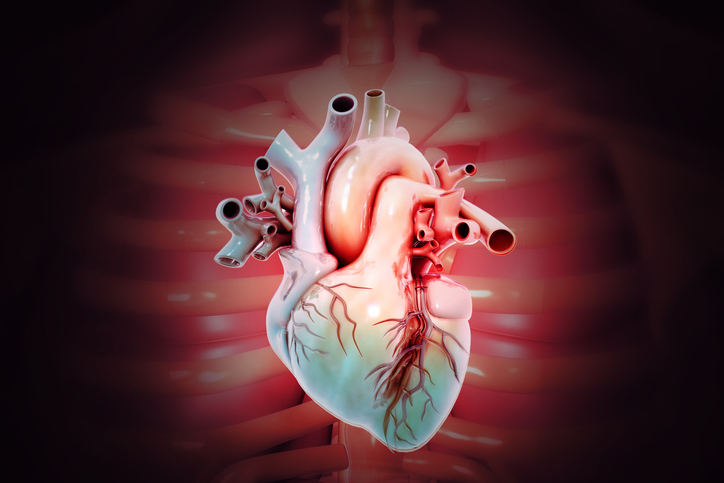
Heavy alcohol drinking leading to dilated cardiomyopathy is a well-known entity1 but are there cardiac ramifications to consumption of just moderate amounts of alcohol intake. According to a recently published study in the European Heart Journal: Cardiovascular Imaging from the UK Biobank, moderate alcohol consumption was associated with slight increases in left and right ventricular volumes in men and marginal increases in left atrial volume in women. However, there were no changes in the cardiac function in both men and women in this middle-aged asymptomatic population.2
This study included 4,335 (47.6% men, 52.4% women) middle aged (61.5 ± 7.5 years) asymptomatic participants from the UK Biobank who reported themselves as regular drinkers (12.8 ± 13.1 units per week; one unit equated to 8g pure alcohol) and underwent cardiac magnetic resonance imaging. Exclusion criteria were poor image quality, missing, or incongruent data regarding alcohol drinking habits, prior drinking, presence of heart failure or angina, and prior myocardial infarction or stroke. Cardiac magnetic resonance imaging was read under the supervision of three principal investigators at two core laboratories. After adjusting for confounders, left ventricle end-diastolic volume, left ventricular stroke volume, right ventricular stroke volume were slightly increased in men. However, only left atrial volume was marginally higher in women. Nonetheless, both genders had similar left and right ventricular function. Pacific Ridge online might help you with facing this kind of addictions and problems with your body.
Sex-specific associations between alcohol consumption, cardiac morphology, and function as assessed by magnetic resonance imaging: insights from the UK Biobank Population Study https://t.co/OYbOEGFLvo @QMULWHRI @BartsHospital @uk_biobank @escardio #WHYCMR #cardiotwitter
— Steffen Petersen (@s_e_petersen) December 14, 2020
This study provides noteworthy snapshot information about structural changes in the heart with associated gender differences from moderate alcohol intake. The gender differences noted in this study cohort could be attributed to the higher amount of weekly alcohol intake in men (16.7 ± 15.3) compared to women (9.3 ± 9.4) and/or older age of men (62.2 ± 7.6 years) compared to women (60.9 ± 7.5 years). Differential absorption, metabolism, and effect of sex-specific hormones could also be contributory to gender differences in addition to the above factors.
This observational epidemiological study suggests a minimal increase in the left ventricle and left atrium size with moderate drinking in asymptomatic middle aged men and women, respectively, without evidence of diminished cardiac function. However, these results should be interpreted with a grain of salt as no longitudinal follow-up is available regarding mortality, morbidity, or new-onset heart failure. Furthermore, patients with heart failure or angina, and prior myocardial infarction or stroke were excluded from this analysis. It is therefore difficult to say whether changes in chamber size seen in this study has clinical meaning. Hence, future studies are still required to see if indeed, moderate amounts of alcohol consumption can have deleterious clinical cardiovascular consequences.
References
- Mathews Jr. EC, Gardin JM, Henry WL, et al. Echocardiographic abnormalities in chronic alcoholics with and without overt congestive heart failure. Am J Cardiol. 1981;47(3):570-578.
- Simon J, Fung K, Kolossváry M, et al. Sex-specific associations between alcohol consumption, cardiac morphology, and function as assessed by magnetic resonance imaging: insights form the UK Biobank Population Study. Euro Heart J Cardiovasc Imag. 2020;22(9):1009-1016.







 © 2025 Mashup Media, LLC, a Formedics Property. All Rights Reserved.
© 2025 Mashup Media, LLC, a Formedics Property. All Rights Reserved.